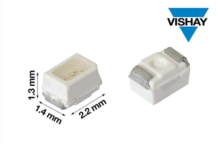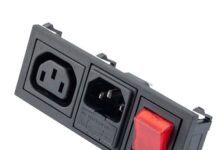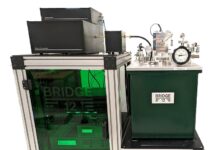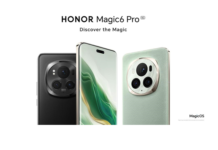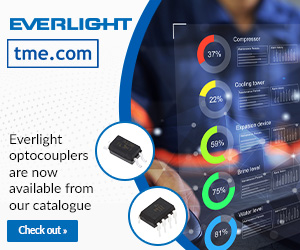
Acetone, alcohol, paint or epoxy resin: These are just a selection of substances whose chemical properties challenge mechanical engineers in the implementation of customer-specific systems. However, POM plastics – technically known as polyoxymethylenes or polyacetals – are not always the best choice for components and parts. The reason is that they can become brittle over time when the product comes into contact with aggressive fluids. Unstable processes then result from the diminishing functionality of the component.
For this reason, Preeflow has launched a stainless steel version of the popular eco-PEN. Customers have the choice: There is a so-called stainless steel kit with which the classic plastic preeflow® eco-PEN can be easily converted from POM to stainless steel in just a few steps. Alternatively, the eco-PEN can be purchased as a complete stainless steel dispenser.
The customer benefits of using stainless steel are manifold: The stainless steel version is resistant to fluxes for soldering, for example, but also tolerates oxidizing agents such as peroxides or ozone. Even plasticizers, organic and inorganic acids below ph4 can be dispensed in a process-safe manner over a long period of time. This offers advantages for a wide range of industries, especially the chemical industry. The application of the stainless steel version or the stainless steel kit is also beneficial in the electronics sector: Particularly where, for example, adhesives have to be dispensed automatically and at high cycle rates for the construction of housings, the equipment must not be damaged by aggressive substances when it is cleaned. Dispensing technologies made of stainless steel guarantee this.
Another important aspect that is very important, especially for all automated processes: In the stainless steel version of the preeflow® eco-PEN, the threads for the inlet are also made of stainless steel. This offers customers even more safety. Particularly when dispensing processes are automated and a system is operated at enormously high cycle rates, the thread flank in the POM-in preeflow® eco-PEN can deteriorate in quality over time. Pressure and high process speeds may then cause the material feed to break away. The stainless steel version is also suited for dispensing moisture-curing silicones and materials that react sensitively to moisture, as POM plastics absorb moisture.
With the stainless steel kit, companies have every option for converting existing preeflow® eco-PENs made of POM plastics to stainless steel in just a few steps. If a process and the material to be processed are firmly defined from the outset, it is advisable to plan in the first place to use a preeflow® eco-PEN for demanding dispensing applications for 1-component and 2-component materials, UV- and light-curing adhesives, but also thermosetting adhesives and solvents, as well as highly filled materials. Not to be overlooked are processes in which anaerobic adhesives, shear-sensitive materials, heat-conducting pastes, soldering pastes, silicones, silver-conducting pastes, greases, primers or electrolytic solutions have to be dispensed reliably.




